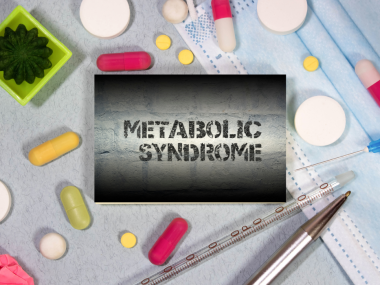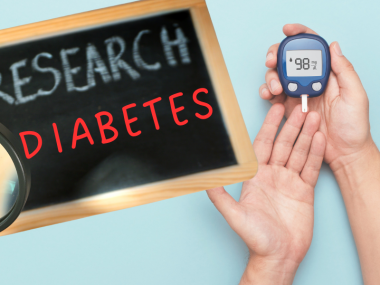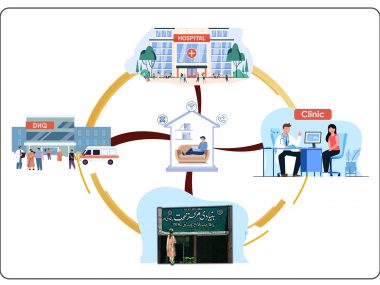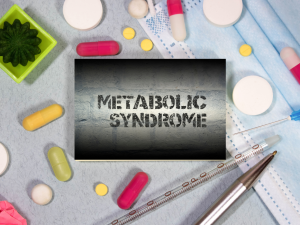“My creatinine is 1.6 and protein 1+ in the urine. No blood pressure or sugar. Should I see a doctor?” This is one of the most common comments on my YouTube channel, “Kidneyblogs by Dr. Awais Zaka.” On the surface, this comment may not seem to do much except to irk an intelligent reader or a doctor, who might like to respond, “Yes, go to a doctor—now; what else are you waiting for, stupid?” Yet, that eighteen-word-long comment says a lot, not only about the author of the comment but about society as a whole.
If you look closer, this patient has already checked his blood pressure, blood sugar, and a host of blood tests—all of these without involving any doctor. And if a patient in Pakistan has gone to the length of doing blood tests, they must be suffering from severe symptoms. Having disturbing symptoms, abnormal blood creatinine, and even protein in the urine does not have enough power to persuade them to visit a doctor; the patient still needs a push, a pat on the back, a voice to bid them see a doctor.
Why our patients need so much brooding before seeing a doctor is a million-dollar question, and the answer remains elusive. However, over the last couple of years, practicing in Pakistan has allowed me to look into the behavior and psychology of our patients, and my observations might be of some help to those patients who strive to improve their health by changing their behavior.
Money is not the only reason
Many drawing-room intellectuals attribute our patients’ own hesitation toward a medical check-up to financial constraints. They argue that most people have a limited household income already claimed by utility bills and school fees and daily grocery and possibly some debt. With health being the easiest to ignore, people make sure that, as far as possible, no money gets spent on health. However, some may say, “This patient has already done his vitals and blood tests, none of which is for free, so your argument about lack of money or lack of will to spend it on health doesn’t hold.” Both groups are partially right, for they have a limited view of the patients’ doings. The full truth—the sad truth is this: yes, patients hate to spend money on their health, but in case they are left with no choice, the money they spend on their health has increasing levels of torment for them, depending on the nature of the product or the service that they must purchase, with the money that goes to a doctor being the most painful. Therefore, It is not uncommon to see patients who regularly check their vitals and blood tests and still never visit a doctor.
Let’s wait for symptoms
We, the people of the subcontinent, love to live in the past. Our penchant for the ancient ways and things—especially if those ideas and products are cheaper—has damned us in many fields of life, but not as bad as is the case with our health. Since we cherish the archaic methods of medicine, signs and symptoms still stand superior to cutting-edge diagnostic techniques. People prefer to wait for the symptoms rather than do blood or urine tests. Accordingly, even modern preachers of medical science—our twenty-first-century doctors—have given way, making content primarily on signs and symptoms, mentioning labs or imaging studies only in passing. No wonder the bodily manifestation of illness remains the main factor that can stir our patients into concern or action.
Our priorities are poorly set
Health comes way down on our priority list—during healthy and healthy days. We wait for severe symptoms before check-ups; we wait for a serious illness before treatment; we wait for every simple disease to become an irreversible affliction before realizing that it is something unusual. All this describes our behavior under normal circumstances, when the wallet is still full, when the belly is still brimming with food—well, in short, all is well. And when things go wrong, resources need stretching, income gets more claims than it can manage, the first thing we jettison is health. A marriage ceremony overrides medicine, a baby shower trumps diagnostic tests, and a funeral takes precedence over an essential surgical procedure. We consider everything but health.
Fear of doctors and healthcare
Our health care, in general, and doctors, in particular, have gradually assumed a grotesque form in the popular imagination. People not only loathe doctors’ behavior; they also mistrust doctors’ intentions. On the one hand, patients delay visits to a certified doctor, fearing the horrible customer experience they must go through before reaching a doctor. On the other hand, the welcome they receive inside the office is not wholly different. Stares, frowns, condescending looks, degrading remarks—all these accompany the patient throughout their medical visit, from the moment they enter the hospital until they leave the building. Furthermore, patients firmly believe in doctors and healthcare’s intention to cheat them should the opportunity present itself. Simply put, patients view hospitals and clinics as dens of thieves, which better be avoided if it can be helped.
Final words
The patient behind the comment, a Pakistani whose way to better health was riddled with barriers, would practically hesitate to see a doctor for as long as he could, hoping that his creatinine would somehow improve, his proteinuria would disappear, and his life and money would be spared. Although reason dictates otherwise, this patient would continue to share his reports with everyone on planet earth but a doctor, and wait for consoling words or a miraculous recovery rather than making a logical decision. But when do humans rarely make decisions using reason and logic?











